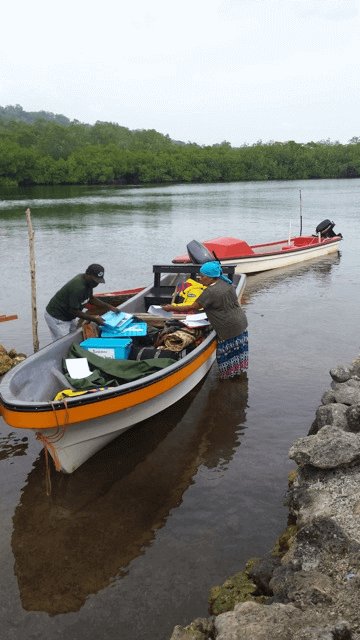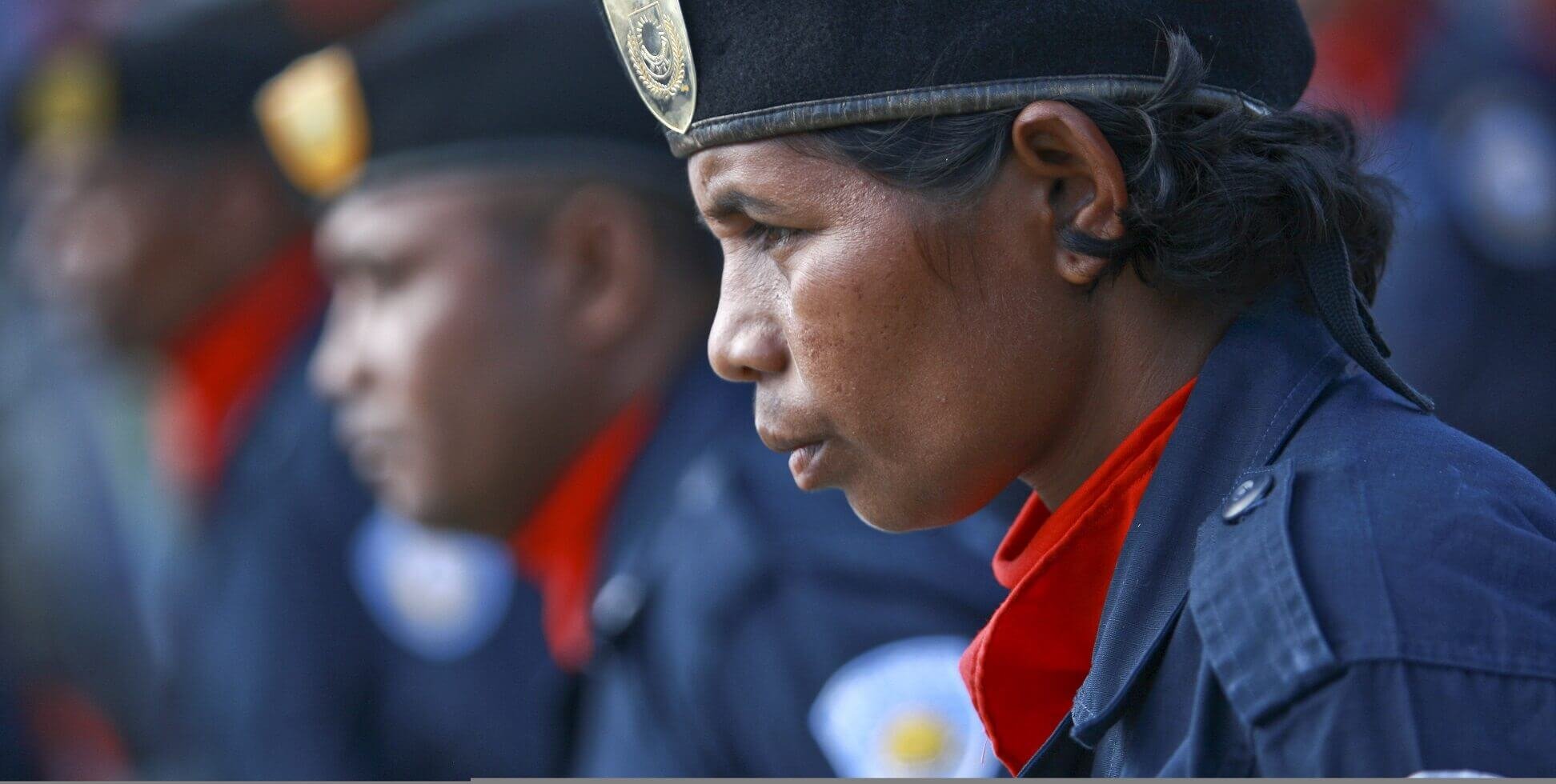The challenge
The primary objective of the community component of the Project was to conduct a survey to collect data on community and business perceptions of crime, safety, and justice services within PNG. The secondary objective was to conduct a series of focus group discussions in certain urban centre locations to collect additional qualitative data on community perceptions.
The core thematic areas focused on included: perceptions of safety and security, experience of crime and police; family and sexual violence; and perceptions of the justice system. The project built upon, and complemented, other work undertaken by DFAT’s Justice Services and Stability for Development (JSS4D) Program.
Our approach
Sustineo’s methodology was based on a mixed methods approach to data collection – drawing on both qualitative and quantitative data. This included the distinct community and business surveys, as well as designing community focus group discussion and big business key informant protocols. Additionally, Sustineo also supported justice agencies to refresh a satisfaction survey for clients/users.
Our methodology was designed to be culturally appropriate to the PNG context while also being replicable over time to provide JSS4D with means of future monitoring. This involved ensuring that the design of survey instruments would align with the Monitoring and Evaluation framework and indicator requirements of the broader program. This was achieved through close consultation with JSS4D, the PNG Justice Sector, as well as DFAT.
In total, over 1,600 community-based surveys and over 90 business surveys were completed. This was in addition to over 16 focus group discussions with community members and additional key informant interviews disaggregated by gender, age and location.
Sustineo led the comprehensive analysis of quantitative and qualitative data, producing both Technical Reports of detailed findings as well as a higher-level synthesis of findings for policy makers. Sustineo led the validation process, which included a workshop with key stakeholders from across the Justice Sector in PNG.
Fundamental to our approach was an emphasis on participatory dialogue and inclusiveness. This was critical in meaningfully engaging with the needs of our partners, as well as accurately assessing current circumstances and building capacity and ownership with those partners. This enabled us to refine the scope of the required services and methodology to be employed. Throughout this assignment, our team worked in close consultation with the JSS4D Program office and relevant officers across the Justice Sector to ensure the smooth implementation of the survey instruments.
Outcome
The surveys and subsequent reports served to provide a baseline understanding of the current Justice Sector issues that face PNG. The results, with their focus on evidence-based reporting, were disseminated through a validation workshop, comprehensive Technical Reports for each survey tool, a Synthesis Report, and a capacity development plan. The Synthesis Report integrated the inputs from the Technical Reports, providing a higher-level distillation of the key findings and implications of the project.
The survey tools created for this project build on existing surveys and were designed to be re-used in future iterations of the project. This mixed methods approach served as a basis for the integrative analysis and the capacity development plan subsequently developed to inform Justice Sector policies.

